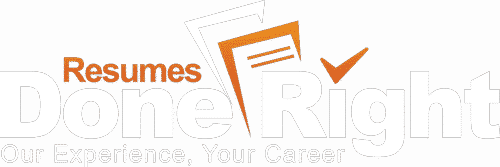
With the great resignation still in effect, business outlets are reporting that new hires might be earning more than their seasoned counterparts. This issue has gotten a lot of people asking, how can I ask for a raise?
Asking for a raise can be empowering, but also tricky, humbling, and unsuccessful. It is important to keep a few things in mind before you march into your boss’s office and demand a pay increase. In this series, let’s discuss how you can prepare yourself for a successful pay raise negotiation.
Tip #1: Understanding Your Commercial Value
The job market is fiercely competitive these days. Worse still, rising inflation costs and debt have made living comfortably incredibly challenging. It’s no secret that the majority of workers wish to be paid more for their efforts. Before you even think about asking for a raise, you must take an honest look at your output. Are you meeting your KPIs? Do you have a skills gap? Compared to your colleagues in the same role, are you carrying your weight?
When preparing to ask for a raise, you MUST identify your targets and deliveries each week. Can you assess your commercial value to the business? It’s easy for us to believe we are entitled to a raise for any number of reasons; We’re struggling financially, are saving for something big, or are about to enter a new phase in life, however, if your work does not reflect the increase you wish to ask for, your request will be denied without any chance for negotiation. How can you track your impact?
- Start writing things down! Use a spreadsheet, a journal, or a checklist. Anything that will allow you to capture some great data that demonstrates your value to the company.
- Struggling in an area? Sign up for professional development, ask for a mentor, or seek assistance from your manager to improve in that area. It’s important to track weaknesses as well because improving those weaknesses will increase your odds of getting that raise exponentially. There is so much access to free professional development that you can get your entire job role up to snuff quickly. If your company offers a learning calendar, look for opportunities to take courses toward your goal. Not only does this show great initiative, but it will also improve your chances for a pay negotiation.
- Use facts and figures to determine your value. For example, if you make $100,000 in sales per year, the business can likely afford to provide you with a 10% annual raise, providing that your entire body of work is also meeting, or better yet, exceeding expectations. That is to say, it’s great if you’re pulling in revenue for the corporation, but if customer feedback is less than ideal, management will likely be hesitant to increase your rate.
Approaching your tracking to mirror the STAR interview approach. By tracking your progress and achievements in this manner, you will be building a compelling case with evidence of the situation, task, action, and result. This format will not only be easy to read but also irrefutable. At the end of the day, you need to sell your commercial value to your manager so that they can see your contributions.
Stay tuned for the next installment of this series where we’ll discuss Managing Up as a way to prepare for your pay raise negotiation.
Are you looking for an updated resume to reflect all of your contributions and achievements? Let us help you today!

